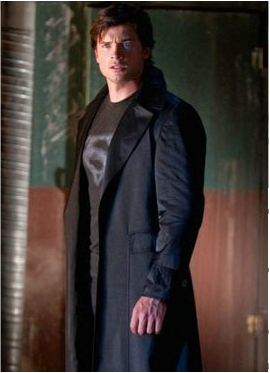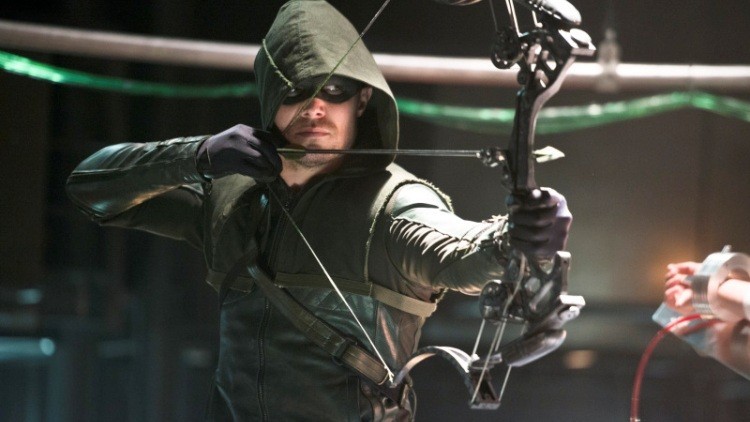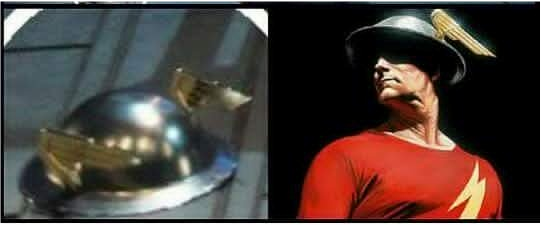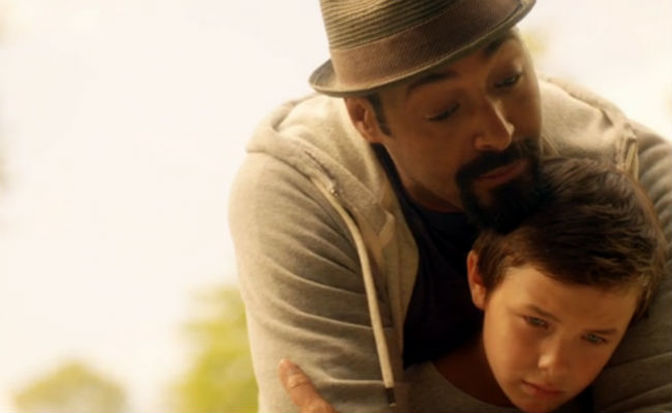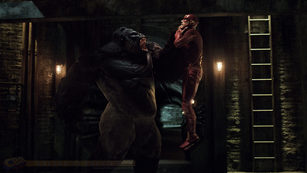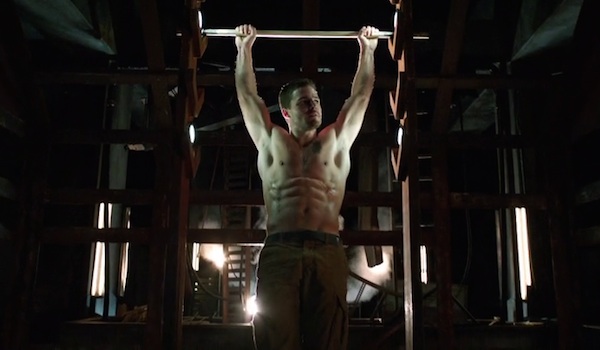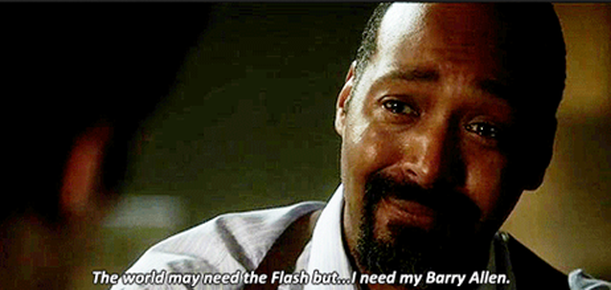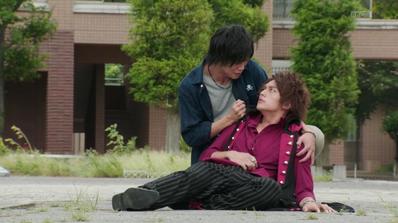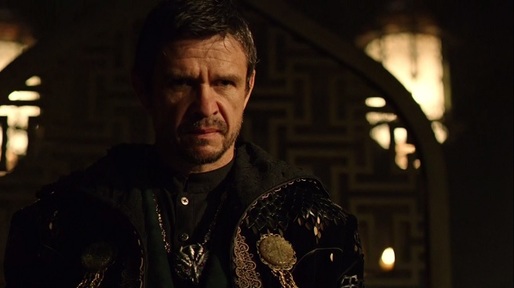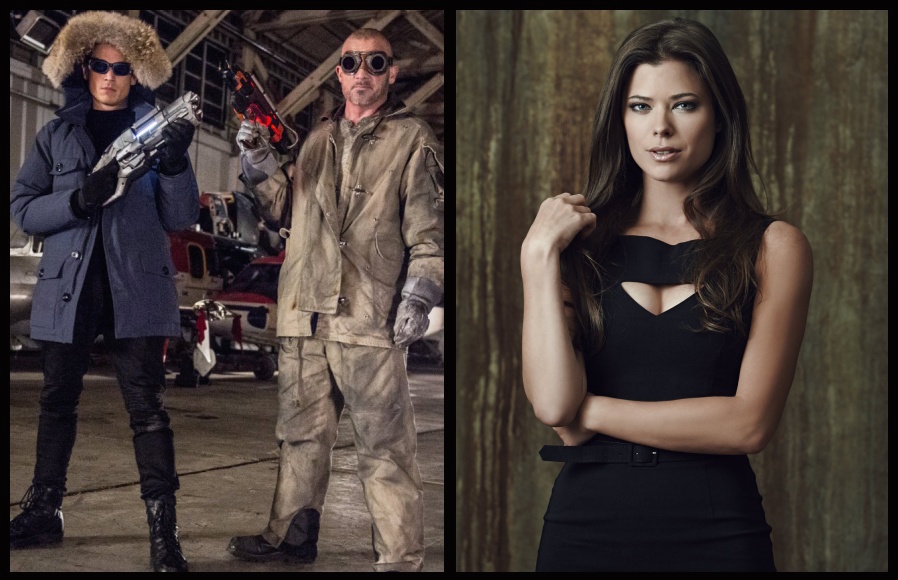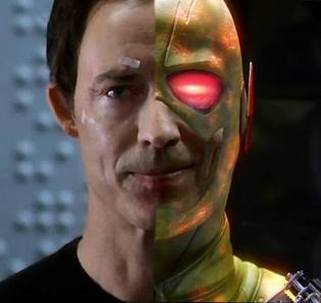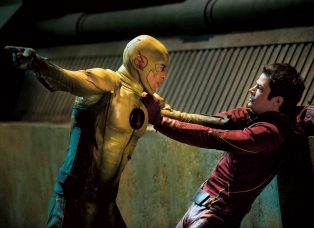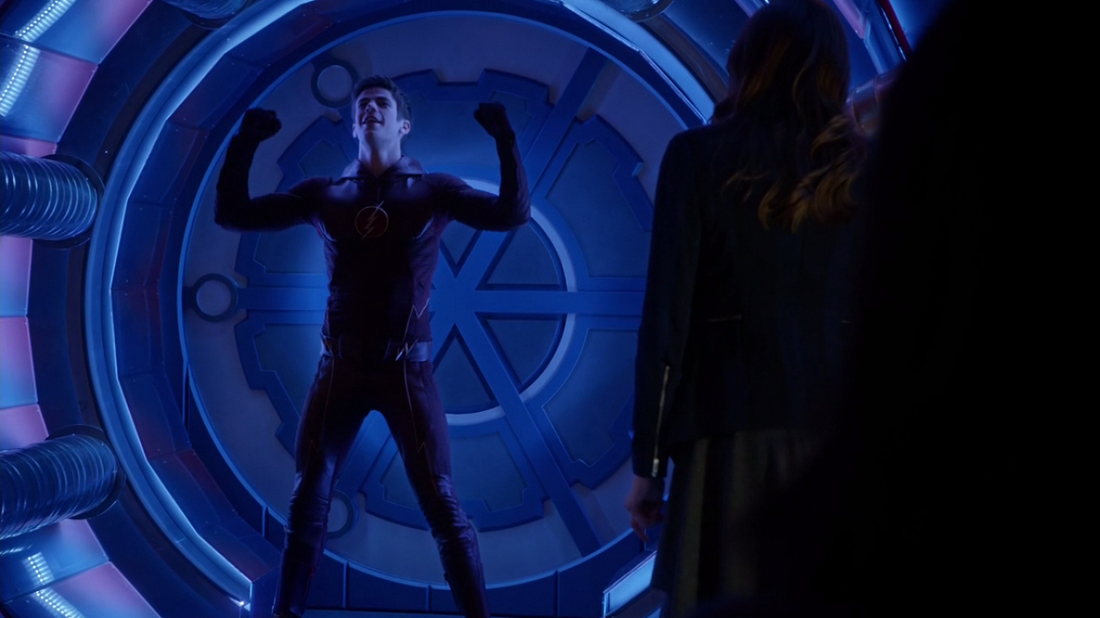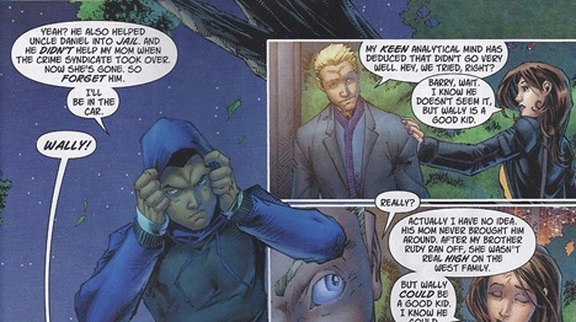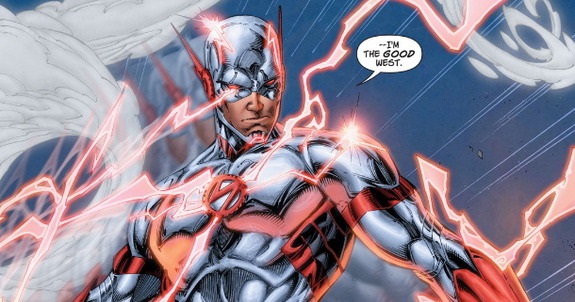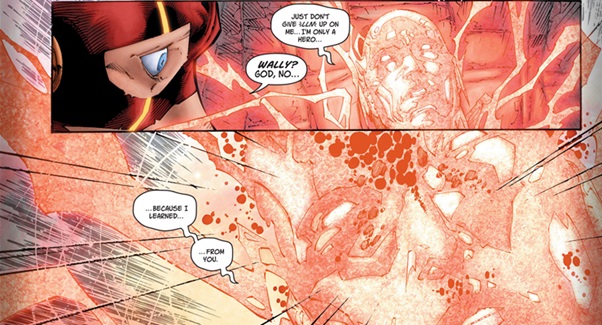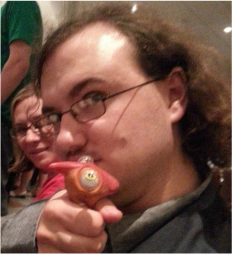| In the light of the show’s success and as a way of distracting me from the…six different article ideas I’m currently toying with, I’m going to discuss with you what it is that I believe makes this show so special. WARNING: THINGS FROM THE SHOW WILL BE REVEALED IN A FASHION OF REVELATION! WAIT UNTIL YOU’VE WATCHED THE SHOW FIRST BEFORE YOU READ! SERIOUSLY! |
One of the biggest commonalities of comic book adaptations, whether it’s movies or TV, is the combination of the slow burn and the grounded influence. Comics are inherently ridiculous and in order to translate them such that a wide audience will invest time and money into them, they are frequently “grounded” i.e. the story is portrayed in as realistic a fashion as possible with the intent of allowing Joe Soap to relate to the usually fantastical events on screen. Smallville, Arrow, X-men, Batman Begins, all excellent examples of trying to ground the series. The events and enemies are normalized, code-names are usually (but not always) unused, costumes are toned down etc. Working in tandem with this is the slow development of the superhero identify. Movies usually don’t have the luxury of this but TV frequently extends the main character gaining superhero status over several seasons. Arrow introduced “The Vigilante” who was later named The Hood. The Arrow identity was not assumed until the end of the first half of season two with Oliver Queen taking both the title and the mask.
Season three of the Arrow ends with Oliver abandoning his moniker, presumably to be either retaken in season four or renamed Green Arrow. Four years, and the superhero is still being formed. Smallville is the most infamous example with ten years before Clark can even fly on his own, a preliminary identity of The Blurr which lasted several years…and we never see him in the suit! Or even hear the name Superman.
The Flash looked at this formula and said “You know what’s cool? Psychic gorillas”. Rather than looking at the comics and trying to make a semi-realistic story, The Flash thinks comics are awesome and you need to learn why! The suit is donned at the end of the pilot and looks like the Flash’s costume, lightning-bolt ears and all. The title of Flash was hinted at in episode one and firmly established by episode six. The series has mined the comic mythos heavily and in the course of twenty three episodes we’ve had three of the biggest Flash villains introduced with only minor alterations, LOADS of time travel, hints of alternate realities, speedsters vs singularities and Jay Garrick’s hat.
But it’s not all fun and games…
The Flash Family
The Flash is an extremely enjoyable and very funny show. There is some great wit and humour giving it a generally light tone. Thing is, that’s not the strength of this show. The real strength of this show is that for all the comic bookness (it’s a word!) and the jokes, it’s the very real familial drama that carries this. Relationships define this show and we get to see those relationships up close and personal. The show gives A LOT of time to Barry’s various parents and surrogate parents, developing a definitive viewpoint on family, portraying morality in a different light to Arrow (i.e. compromise does not work here) and what it is that units us. No relationship encapsulates this better than Barry Allen and Joe West, who are in many ways closer than Barry is to his natural father. There are so many moments between these two it’s almost impossible to pick out one stand out one but for me, as a man very close to his own father, it’s the defining relationship of the show
Money is no object. Literally.
TV budgets are the bane of sci-fi/fantasy. So many shows have so many great ideas and are utterly shafted by the fact you just can’t get the effects work for the money you have. A bad show will stretch the budget for as much flash as possible and fail miserably. A good show falls back on the old adage that less is more. The Flash actually has only a minute or five of effects shots per episode. These are predominantly shots of the Flash running, or a digital stand-in or something simple. But sometimes, they are a wee bit more elaborate, like a quick shot of a tornado or a tsunami.
And sometimes…
| In this series, there is NO better example of how to make something look good when you just do not have the money to make it big. Grodd is a psychic super-intelligent talking gorilla and easily one of the big three Flash bad guys. This show opens with a seemingly innocuous Easter egg hinting at Grodd’s existence in this universe. That’s ok, they do the same with Green Lantern late in the day. But |
The Flash: An example of modern manly men.
Something I was thinking about today which I think is also part of the wider success of The Flash is its portrayal of masculinity. I usually don’t give a lot of thought to these kinda things so bear with me if this gets a little rambly. The Arrow is a typical example the traditional apex male that we aspire to when we use terms like masculinity or manliness. He’s physically fit, a capable fighter, attractive, rugged, a leader, a provider, strong moral principles and the willingness to enforce them. He’s 24’s Jack Bauer with a bow and arrow... and some sense of morality.
| As men we are slightly bombarded with the message that on SOME level, we need to be Oliver Queen. We need to be dominant, or decisive, or powerful or whatever. Few of us ever really manage it but that’s the message we’re given. The Flash takes a different route to this. Every single man in this show cries. Every. Single. One. And I’m not talking crying while stabbing your friend kinda crying, I’m talking “emotional overload” kinda tears. We’ve had sexy cries , wobbly lip cries, breaking down |
The common link here though is not that these men wear their emotions on their sleeves, it’s that A) No one brings attention to these emotional moments and 2) they get on with their lives. There are no breakdowns in The Flash. Tears are shed, whether as expressions of joy or sadness or whatever, and then what ever action needs to be taken is taken. The men of The Flash wear their emotions as a factor of life, not a hindrance. Again referencing Arrow, emotion there is frequently treated as a weakness (Oliver’s obsession with not allowing himself to love for example). In The Flash, emotion is the driving force of everything, and I mean that literally. Eobard Thawne kicked events off because of hate, and no one takes a raw logical or analytical move in this entire show. Rather than detracting from the natural masculinity of the characters it enhances it. In this regard, The Flash is portraying what I think many now feel to be the modern take on “the manly man”. These are who you should be aspiring to be kids, people of integrity, morality and feeling, who will achieve their goals without letting the world make them into something they’re not. Off the top of my head, I can only think of one other show that has portrayed “manly” heroic characters in this light.
There are a million things I could say on this show. I could discuss the very good job they did of melding the Barry Allen Flash and the (better) Wally West Flash into one person, the development of our side characters, Eddie Thawne’s surprisingly subtle subtext…or the fact that Iris gets a wee bit screwed character wise for about ten episodes. But for the sake of brevity, and your sanity, I’ll leave that and skip to one of the absolute key things this and any other show has to get right…Gotham…
“There are only three types of citizenship: hero, villain, nobody.”
Bad guys make superhero stories. There I said it. No matter how good your hero is, if he doesn’t have a solid target to play against, your story is going to fail. Arrow season three is one of the best examples of this I have ever seen.
| Eobard Thawne or Harrison Wells. Whatever name you prefer he is a masterful villain for any season of a show, let alone a season one! Introduced in the opening minutes as a yellow blurr, the Reverse Flash shapes the events of this entire show (everyone was guessing we’d do Flashpoint…turns out this IS Flashpoint). When we meet Wells, he is a stand offish but well-meaning man, confined to a wheel chair by his own hubris. Then he stands up and uses a future telling newspaper and your mind goes “WHAAAA!” Then he murders a guy to protect the Flash. Slowly you see him manipulate every single character in the show to the point where |
| Run, Barry, run. The Flash ended its first season on a cliffhanger that leaves you wondering what the status quo is for season two. Is everyone dead really dead? Is everyone alive really the same as before? They’ve already confirmed Tom Cavanagh will remain on as a series regular and hinted at introducing Wally West. What kind of characters will they be? Could they touch on Jay and Bart? Can season two keep the momentum? These are uncertain times. But when I look back at this show…nothing can spoil the experience I’ve had in the last year. It’s been an amazing and appropriately fast paced ride. I’m looking forward to what the future brings, I think it’ll be one hell of a ride. |
If you introduce my favorite DC superhero CW, if you could make him a lot less this
| Micheal O'Sulivan is a long time host of the Moonbase 2 podcast, frequent contributor to the Old Oilhouse and Underbase, and can kill a horse with both hands tied behind your back. His hobbies include robot dinosaurs and angering Canadian Bears. You can find him @Irishpalaeo on twitter! |
